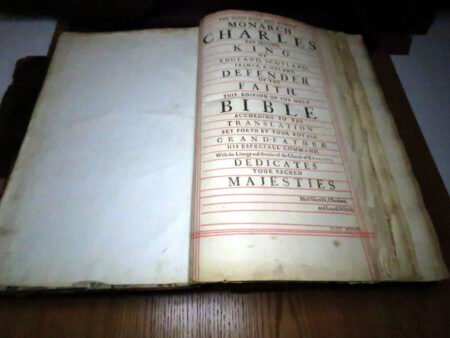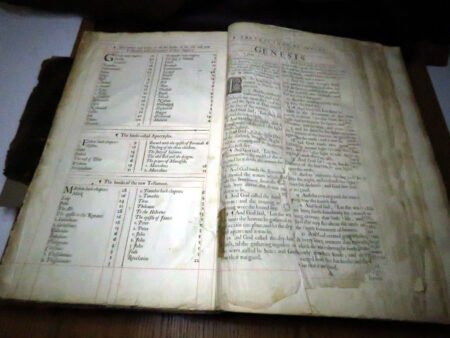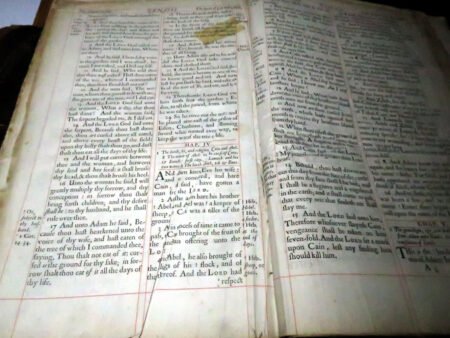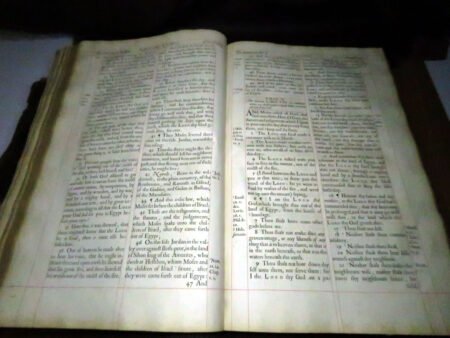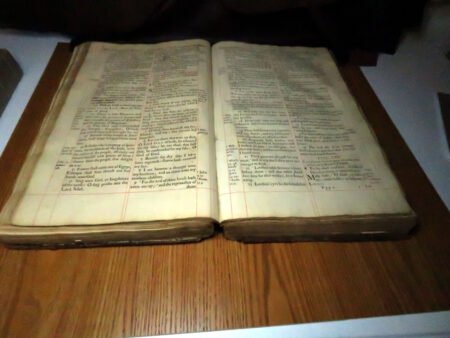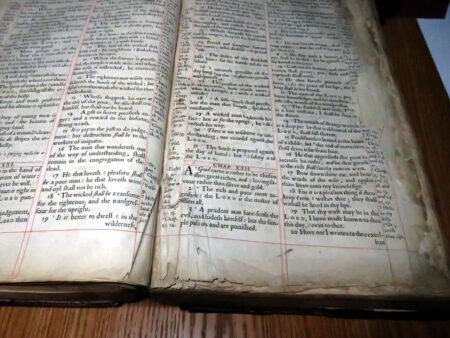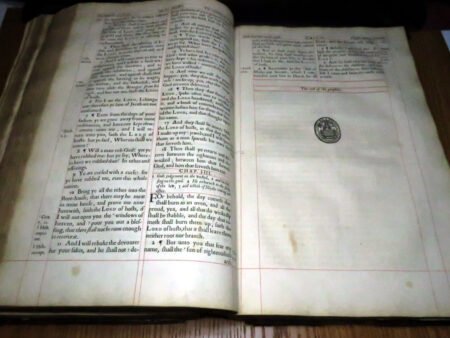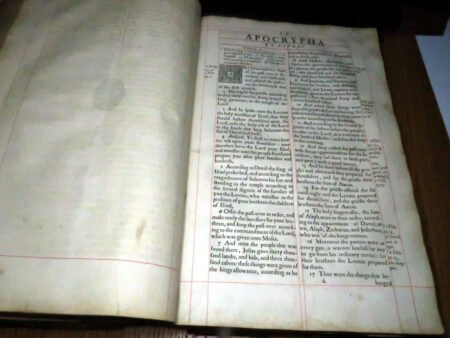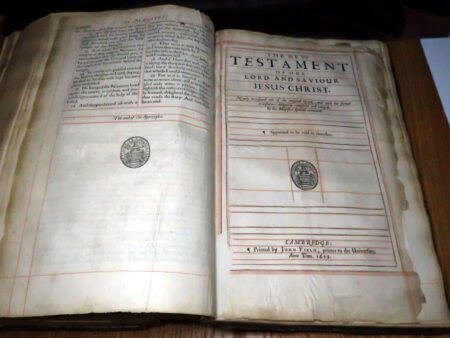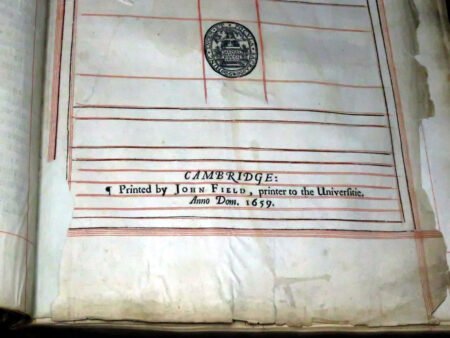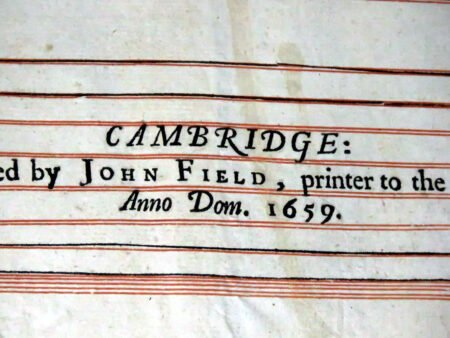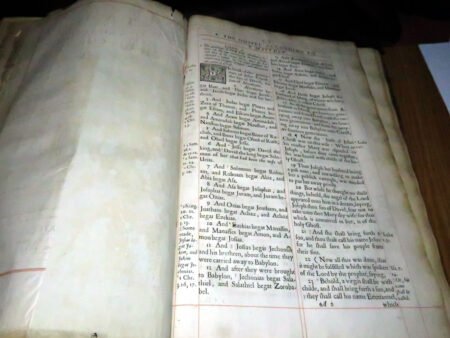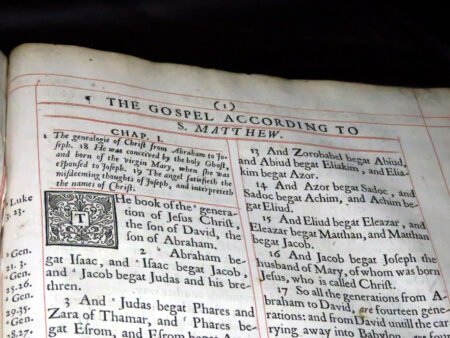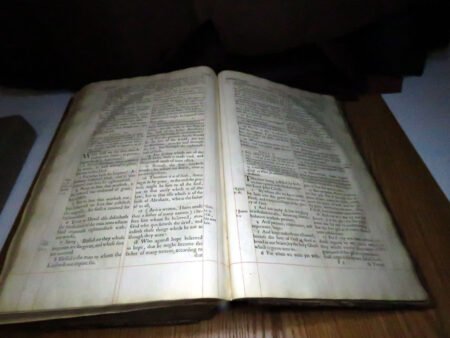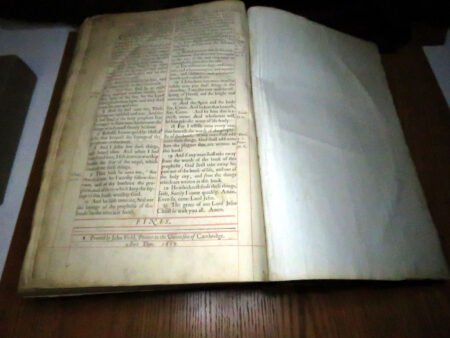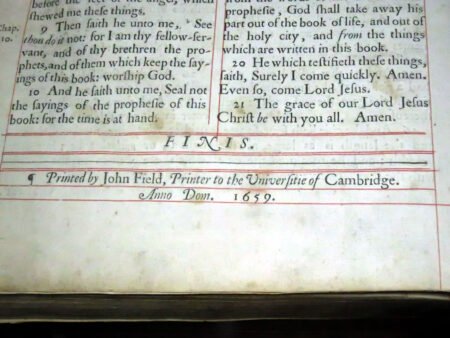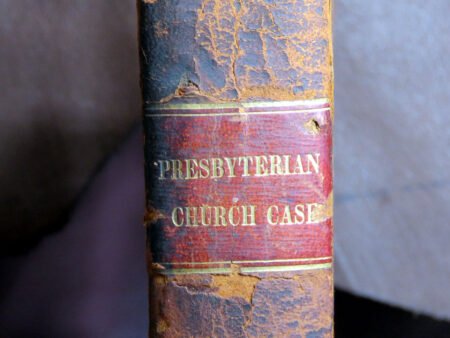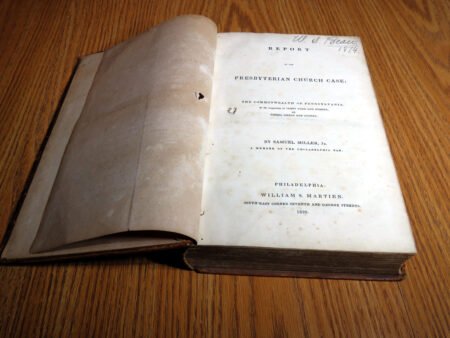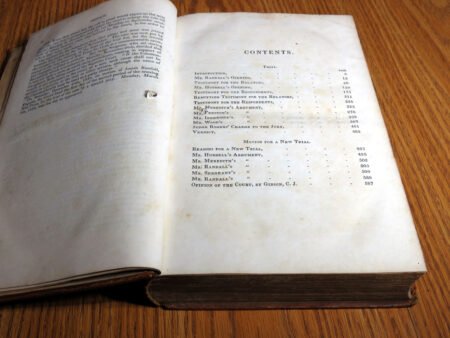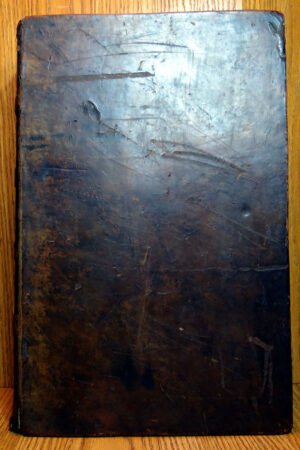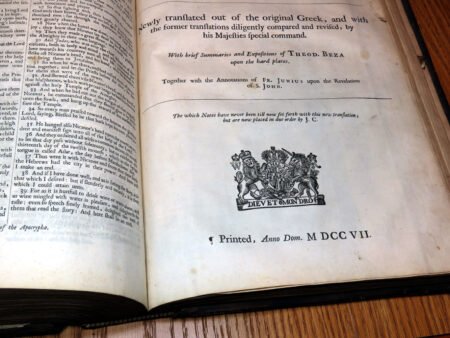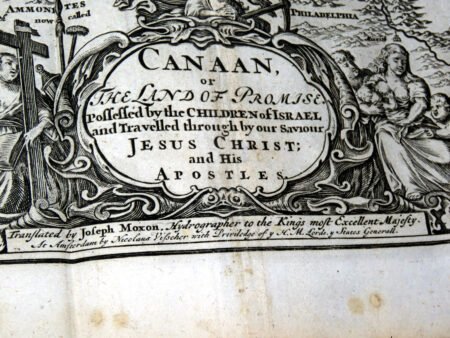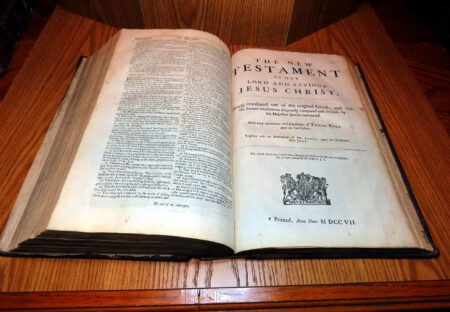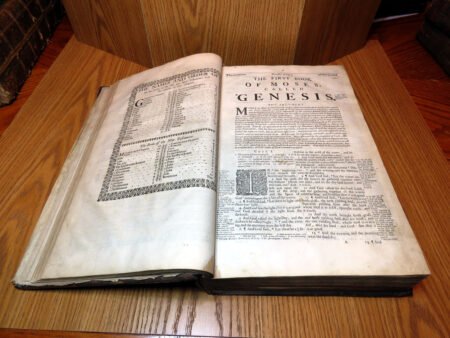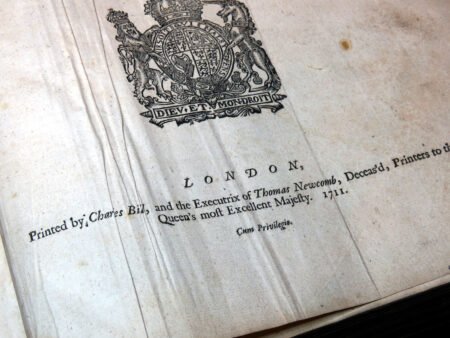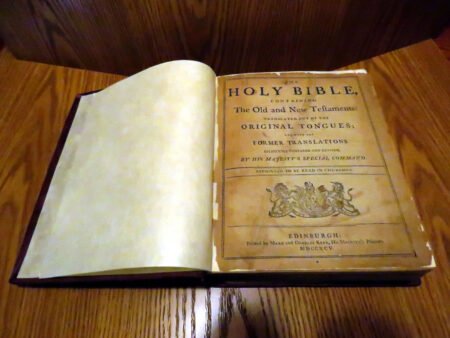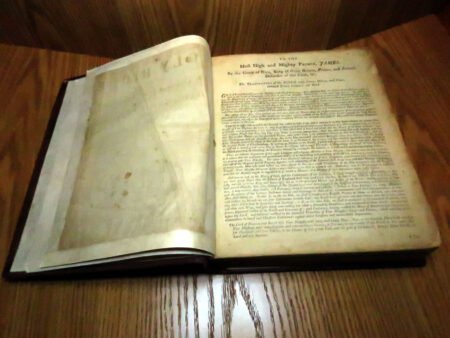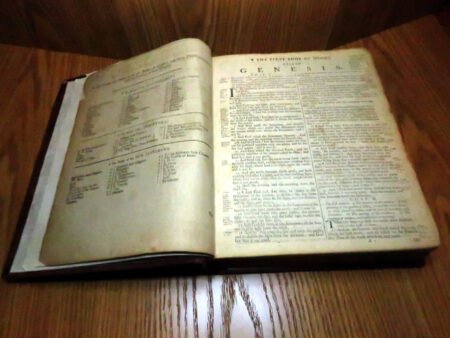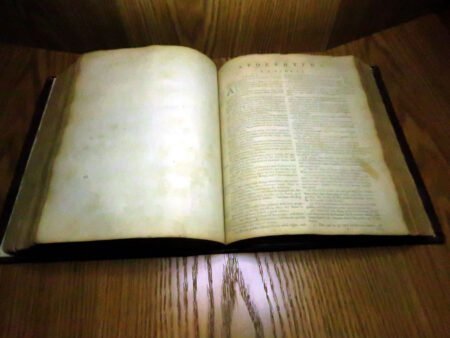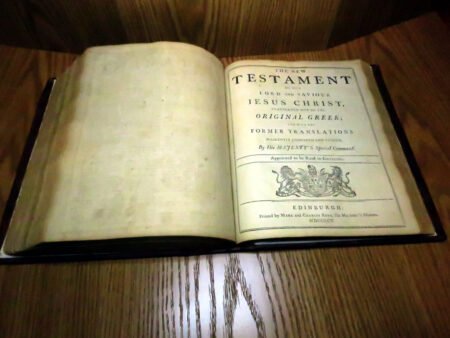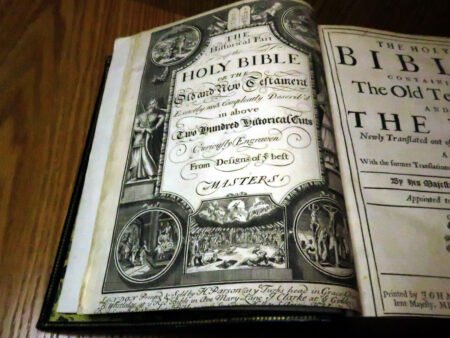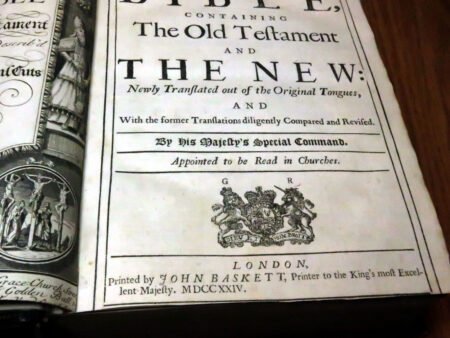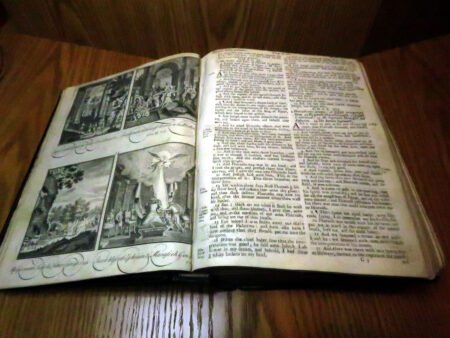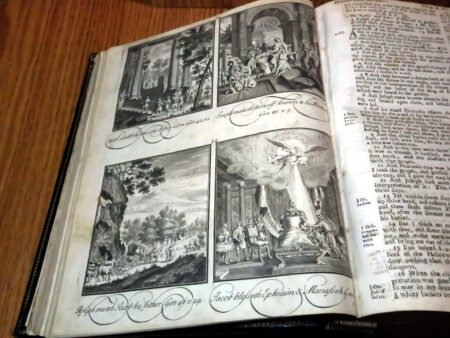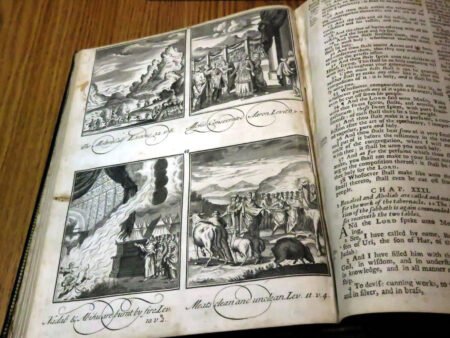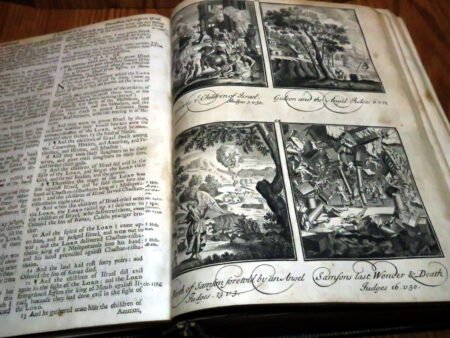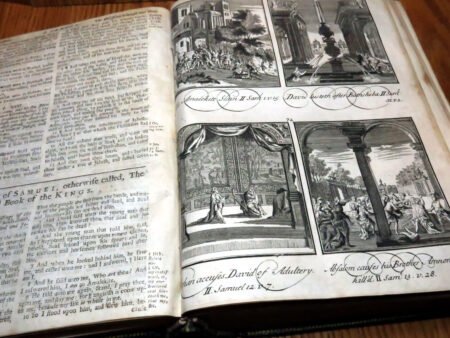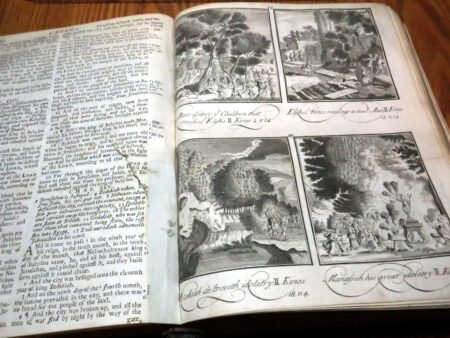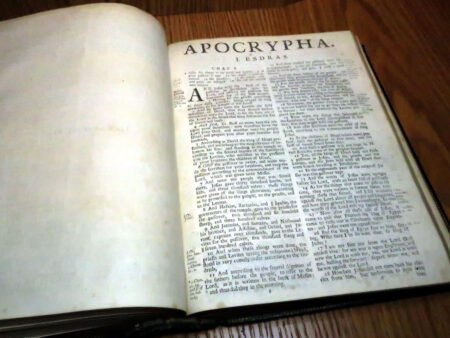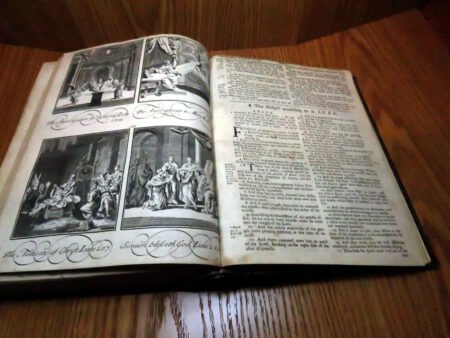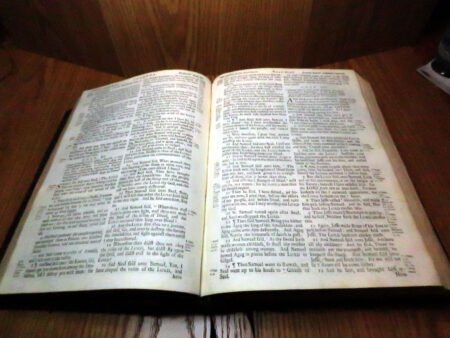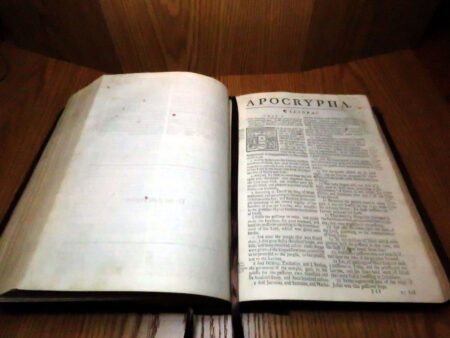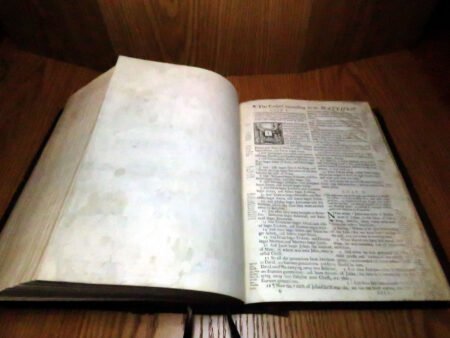A Historic Creed of the Reformed Tradition
The 1689 Baptist Confession is a historical statement of faith within the Reformed tradition. It was written in 1689 by English Particular Baptists who sought to clarify their beliefs in response to doctrinal disputes within their community. This confession has since become a landmark document for many Baptist churches, and it continues to influence and shape their theology and practice today.
The History of the 1689 Baptist Confession
The 1689 Baptist Confession was actually written in 1677 and 1678 by a group of Baptist ministers and elders who were concerned about the theological drift of the English Baptist movement. They felt that the movement had strayed too far from its Calvinist roots, and that a clear statement of belief was needed to prevent further theological confusion.
The Confession was written in the context of the English Civil War and the subsequent Restoration period. During this time, the Particular Baptists faced persecution and discrimination for their beliefs, which differed from the mainstream Anglican church. In response, they sought to clarify and defend their theological positions through written documents.
The authors of the confession were influenced by earlier confessions, such as the Westminster Confession of Faith, which had been written by Presbyterians in the mid-17th century. They also drew on the writings of theologians such as John Owen and Francis Turretin, who were prominent figures in the Reformed tradition.
The 1689 Baptist Confession was preceded by several earlier confessions, including the First London Baptist Confession of 1644 and the Second London Baptist Confession of 1677. However, the 1689 Confession was written in response to specific challenges and controversies facing the Particular Baptist community at that time.
The Results of the 1689 Baptist Confession
The 1689 Baptist Confession was widely adopted by Particular Baptist churches in England, and later spread to other parts of the world, including America. It helped to establish a distinct identity for the Baptist movement, and provided a framework for theological discussion and debate.
The confession also has played a significant role in shaping the development of Baptist theology in the centuries that followed. Its emphasis on the sovereignty of God in salvation and the importance of sound doctrine continues to be a hallmark of Baptist theology.
Today, the 1689 Baptist Confession continues to be an important statement of faith for many Baptist churches. It is often used as a standard for membership and ordination, and it is frequently referenced in sermons and theological discussions.
Key Points of the 1689 Baptist Confession
The 1689 Baptist Confession consists of 32 chapters that cover a range of theological topics, including the nature of God, the doctrine of salvation, the role of the church, and the sacraments. Some of the key points of the confession include:
- The authority and sufficiency of scripture
- The sovereignty of God in salvation
- The doctrine of the Trinity
- The total depravity of humanity
- The sovereignty of God in salvation
- The doctrine of justification by faith alone
- The nature of justification and sanctification
- The importance of the church and its role in discipline and worship
- The ordinances of baptism and the Lord’s Supper
- The symbolic nature of baptism and the Lord’s Supper
Overall, the confession emphasizes the importance of sound doctrine and the need for Christians to live holy lives in accordance with biblical teaching.
The Churches that Adhere to the 1689 Baptist Confession
The 1689 Baptist Confession is primarily associated with churches within the Reformed Baptist tradition. These churches generally adhere to the doctrines outlined in the confession, and they view it as a helpful tool for articulating and defending their faith.
However, it should be noted that not all Baptist churches subscribe to the 1689 Baptist Confession. Some churches have their own confessions or statements of faith, while others may not use a formal creed at all.
The 1689 Baptist Confession remains an important document for understanding the development of Baptist theology. Its emphasis on sound doctrine, the sovereignty of God in salvation, and the importance of living holy lives in accordance with biblical teaching continue to shape the beliefs and practices of many Baptist churches today.










